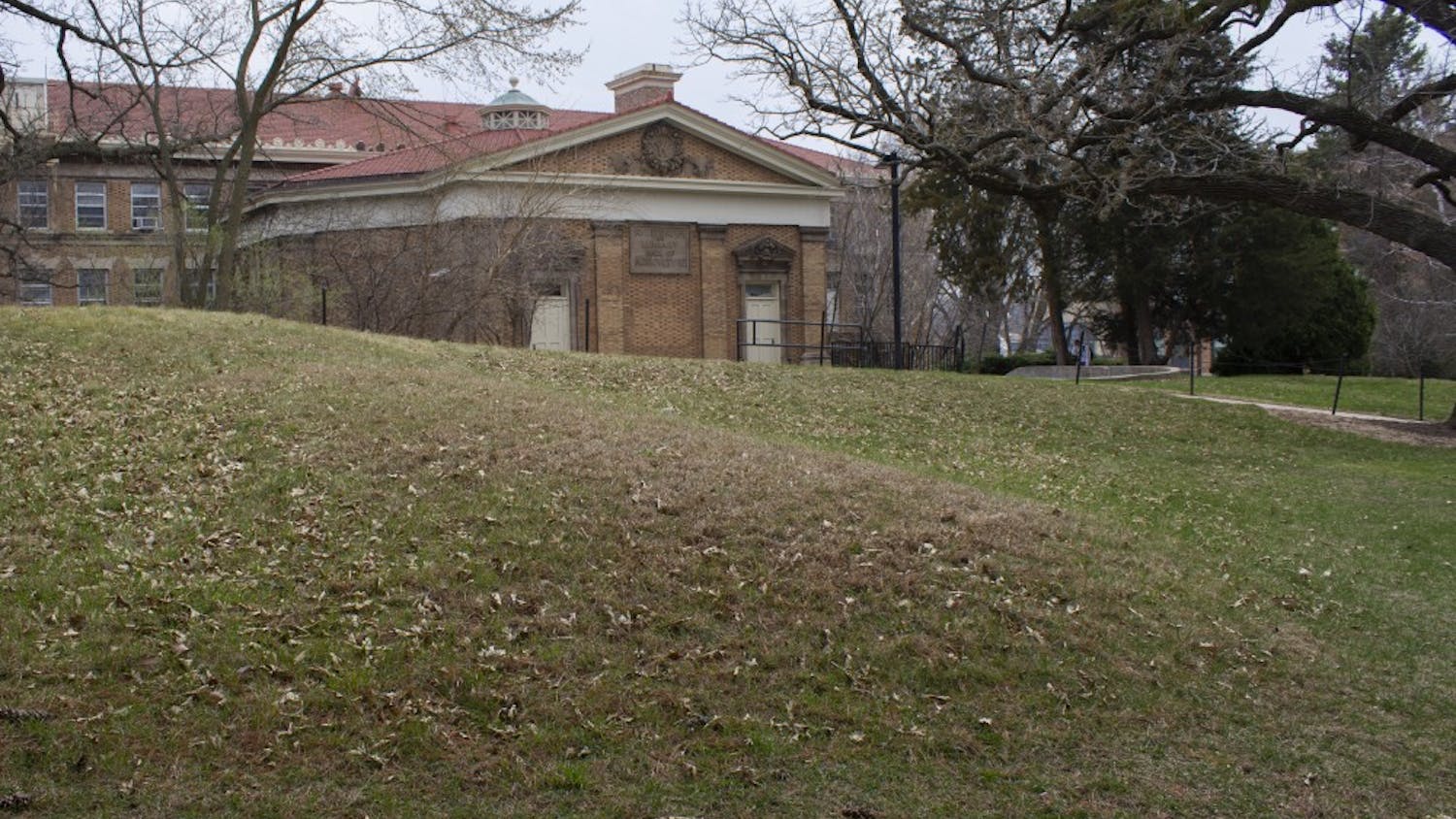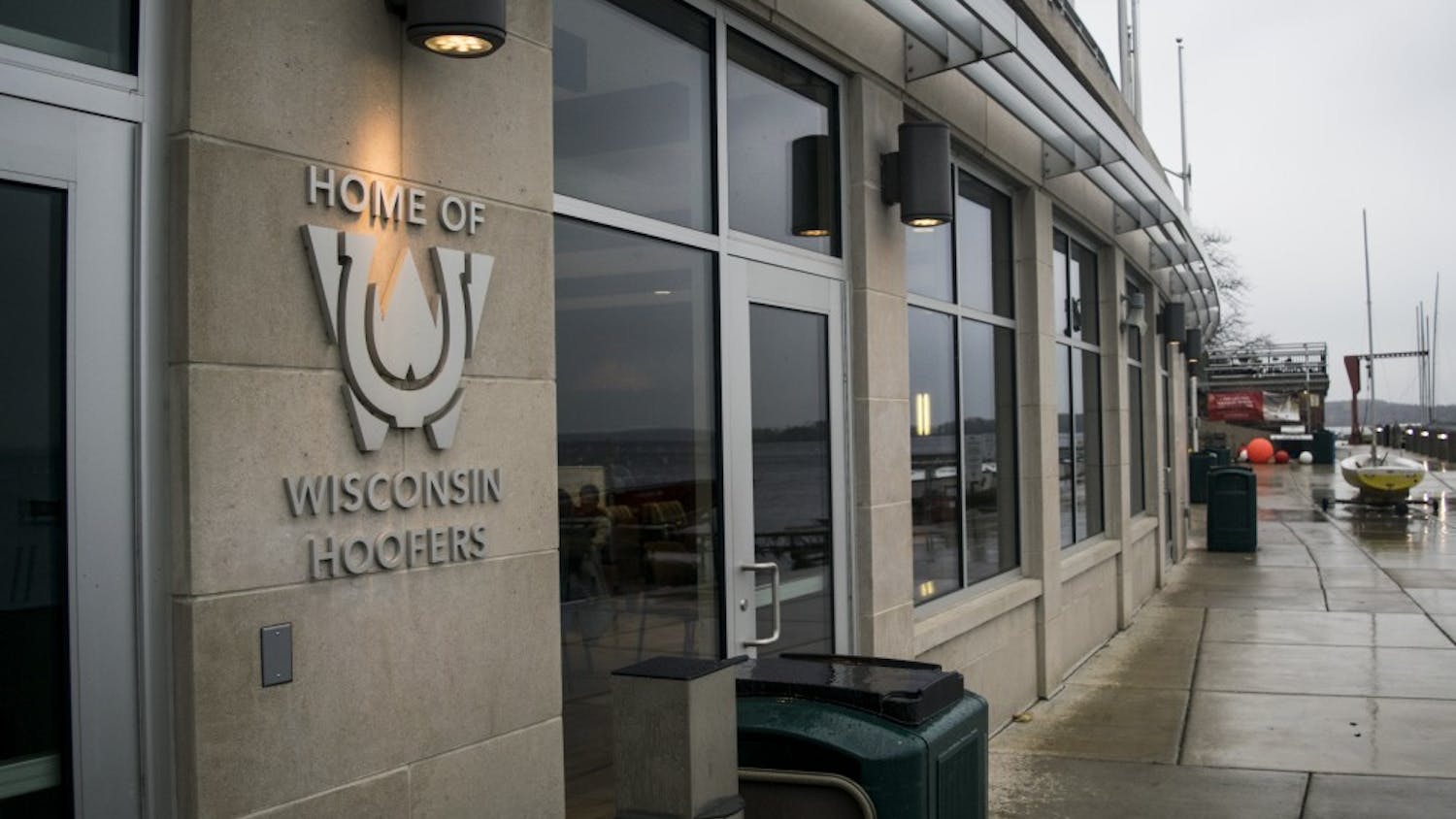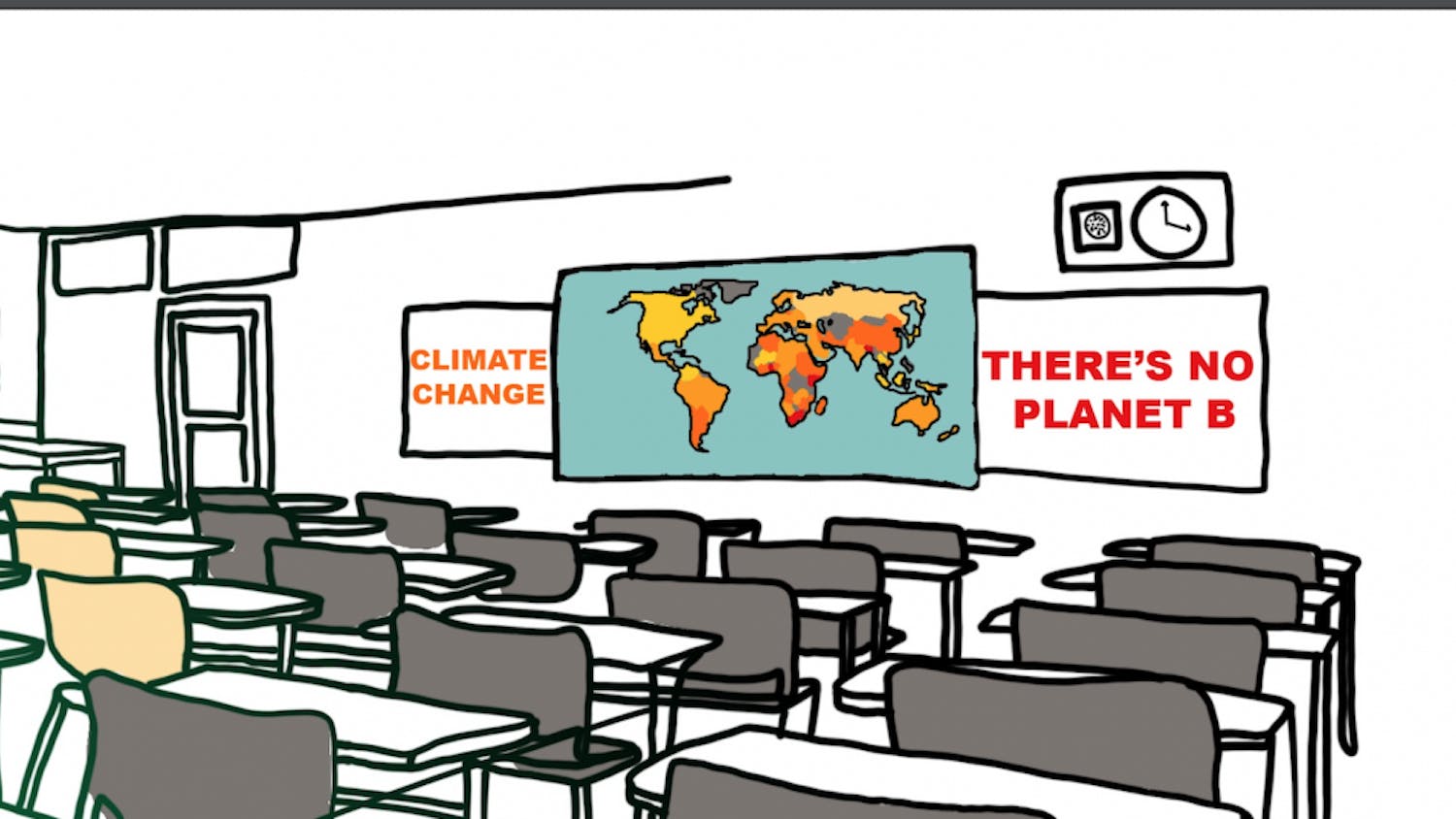Lt. Gov. Mandela Barnes’ excitement came in clear over the phone as he described an abundance of future environmental goals that legislators and Wisconsinites can work toward for the future.
This fall, Gov. Tony Evers replaced Scott Walker as Wisconsin’s governor with a campaign focused on the environment. A few weeks ago, hundreds of high school and college students showed up at the capitol to tell their representatives they wanted action on environmental and climate change policies.
These events may mark a shift in public concern for the environment, and Wisconsin legislators are noticing.
“It’s our job as policy makers to be listening to our constituents and I think it’s vitally important to listen to the young people,” Rep. Melissa Sargent, D-Madison, said. “It’s clear that they really care about environmental policy, so it should rise to the top of what we’re talking about.”
Some of Wisconsin’s current policies are comparable to other states, but it falls behind innovators like California or New York. Barnes, who describes himself as a “conservation champion,” said he wants Wisconsin to be a leader.
Since 1974, Wisconsin has been one of 16 states with a state environmental policy act, which requires state agencies to consider environmental impact when making policy decisions.
Wisconsin is also one of 30 states with a Renewable Portfolio Standard, which intends to increase the amount of renewable energy produced and used within the state. Wisconsin required 10 percent of all electricity to come from renewable energy sources – such as wind, solar or hydro-electric – by 2015 and the requirement remains in place today.
“The urgency has always been there, I’m glad there is more popularity in [it],” Barnes said. “You have more people that are talking about it, more people that are confronting it.”
Starting a conversation
Scientific discoveries and national policies, like the Green New Deal, are bringing climate change to the forefront of public discussion, according to Hannah Marcus, the Wisconsin State Director of NextGen, a youth based organization that encourages engagement in the political process.
As there is increased public awareness of the dangerous effects of climate change and how we treat our environment, it becomes a personal issue, especially for young people who will have to live with future consequences, she said.
While Barnes said parts of the Green New Deal could be adapted to work in Wisconsin in the future, he explained it is more important because it started a “long, overdue and necessary conversation about being bold” with regard to climate change.
UW-Madison Professor Sharon Dunwoody, an expert on the role of public understanding of science in knowledge gain, said policy makers are likely to react to what they see as issues the public is concerned about, though it can still be hard to predict the extent of action that will occur.
“Climate change is one of those issues where, certainly for the past few years, public pressure has been a really critical component because policy makers nationally and in our state of Wisconsin have not been very willing to do something about the problem,” Dunwoody said.
Barnes said getting policies through legislature is going to be tough, but “this is the direction the state should be headed in. It’s not a partisan issue — it’s a common-sense issue.”
A shift in Wisconsin Politics
Climate change and environmental conversations, along with criticism of rollbacks that occurred under Walker’s administration, were central themes to Evers’ 2018 campaign, highlighting a potential shift in future Wisconsin policy.
Since getting elected, Evers declared 2019 as the “year of clean drinking water,” which has support on both sides of the aisle.
While legislators work together to improve water quality for Wisconsinites, individuals at the Capitol have their own ideas for the direction the state should head with other environmental issues.
Sargent and Barnes are among those pushing for 100 percent renewable energy by 2050 — which would require increasing Wisconsin’s Renewable Portfolio Standard by 3 percent each year.
“Gov. Walker didn’t want anyone in his administration talking about climate change, but now we have Gov. Evers and he’s a believer that science matters,” Sargent said. “That bodes well for the fact that we are going to be talking about how we protect our environment for the long term and we aren’t moving in a direction of irreparable harm.”
Sen. Tom Tiffany, R-Minocqua, noted climate change and emissions are different issues, but that Wisconsin has been making “great strides” in creating a cleaner environment.
“I think we need to just continue in the same direction that we have over the last 50 to 60 years where we’ve steadily gotten better about reducing emissions,” he said.
Renewable energy benefits Wisconsin both environmentally and economically — if the state can switch to renewable energy and stop outsourcing fossil fuels, new jobs will be created by an industry that currently does not exist, according to Barnes.
Last year, jobs in the clean energy industry grew by 2.4 percent. While the energy efficiency workforce accounts for a majority of the 76,000 clean energy jobs, the renewable energy sector alone grew by 5.4 percent, according to a 2019 study by Clean Jobs Midwest.
Tiffany said he is in support of all energy, including wind and solar, but that it is not possible to get rid of fossil fuels entirely as they are the most cost effective, especially in a heavy manufacturing state like Wisconsin.
“What is their plan when there would be interruptions as a result of [renewable sources] not producing?,” he said. “My question is, what happens when the wind doesn’t blow or the sun doesn’t shine?”
However, he did agree that there are jobs to be found in the renewable energy industry, like building wind turbines and solar arrays. He stressed the importance of using local materials to build turbines and arrays, in order to generate Wisconsin mining jobs.
Barnes said one benefit of Wisconsin lagging behind other states is the ability to look to them for direction, but he believes Wisconsin should invest in its own research as well.
“We are bringing science back and we are bringing scientists back with it to make it happen. We have to trust science on our issues,” Barnes said, referencing intentions to reestablish science positions within the Department of Natural Resources removed under Walker’s administration.
The majority of U.S. adults supported a major role for climate scientists in policy, according to a 2016 study by Pew Research Center.
Tiffany said Evers and his team need to be clear about their climate change plans, the extent to which they support the Green New Deal and emphasized that taxpayer dollars should continue to fund programs that actually reduce emissions versus “throwing money” at an issue.
The divided government will likely make it difficult to push policies through, according to Dunwoody, but she said having someone at the top who believes climate change needs to be addressed “creates a window for action.”
Despite stubborn politicians, community members seek change
With state level hesitation, communities and individuals have taken the lead in environmental improvement efforts, starting conversations and participating in protests like the recent Youth Climate Strike, which Madison and nationwide communities participated in.
However, it is people who already support these issues who frequently engage in conversation and lead action, while those who don’t believe in climate change are slow to change their view, even as new information surfaces.
“If you don’t want to believe that climate change is happening, even high-quality evidence will be either ignored or redefined so you can see it as something that is biased,” she said. “Strong believers are not going to be susceptible to [new research].”
In a world where people don’t change their minds, the role of the public, especially the media, is to continue conversations and set the agenda for policy makers, she said.
“It’s the public’s job to hold their elected officials accountable and the best way to do that is to pay attention and to vote on your values,” Marcus said, adding that there is a bigger window of influence this year because legislators are deciding on the state budget.
The conversation has shifted so those who support new research and policies have a louder voice, but in the end, policy is necessary to solve big issues that individuals can’t fix alone, Dunwoody believes.
“I just really hope we can move past the partisan rhetoric and make sure that we are embracing what it is that we really morally value as a state,” Rep. Sargent said.






